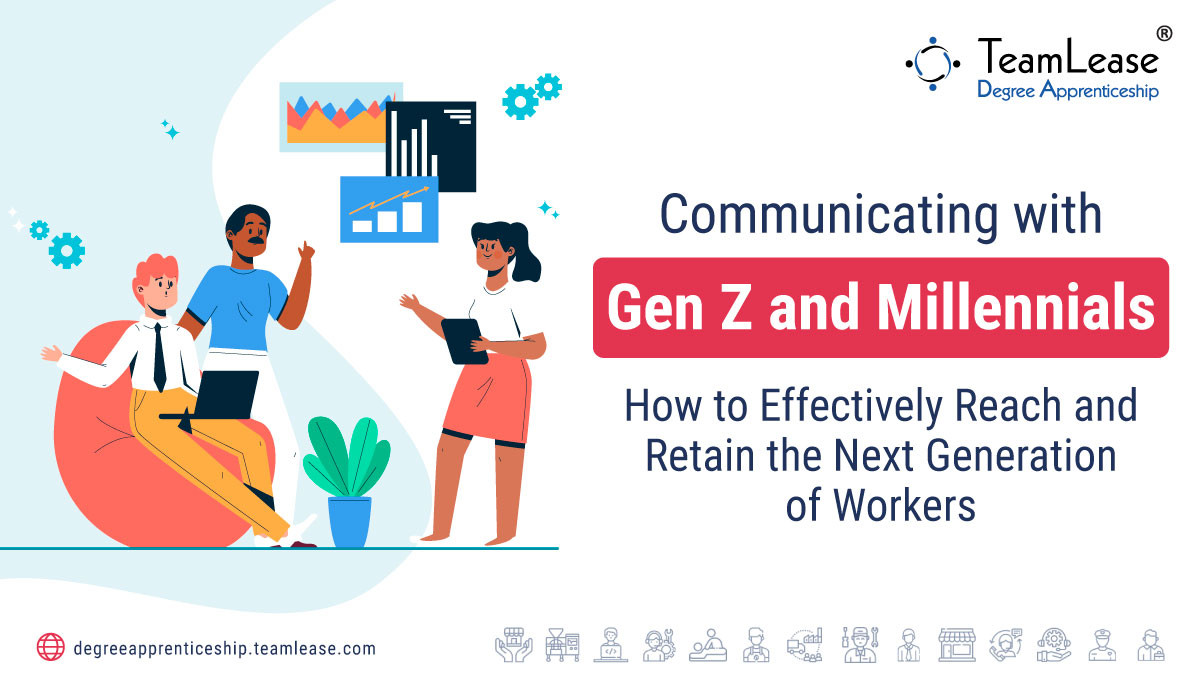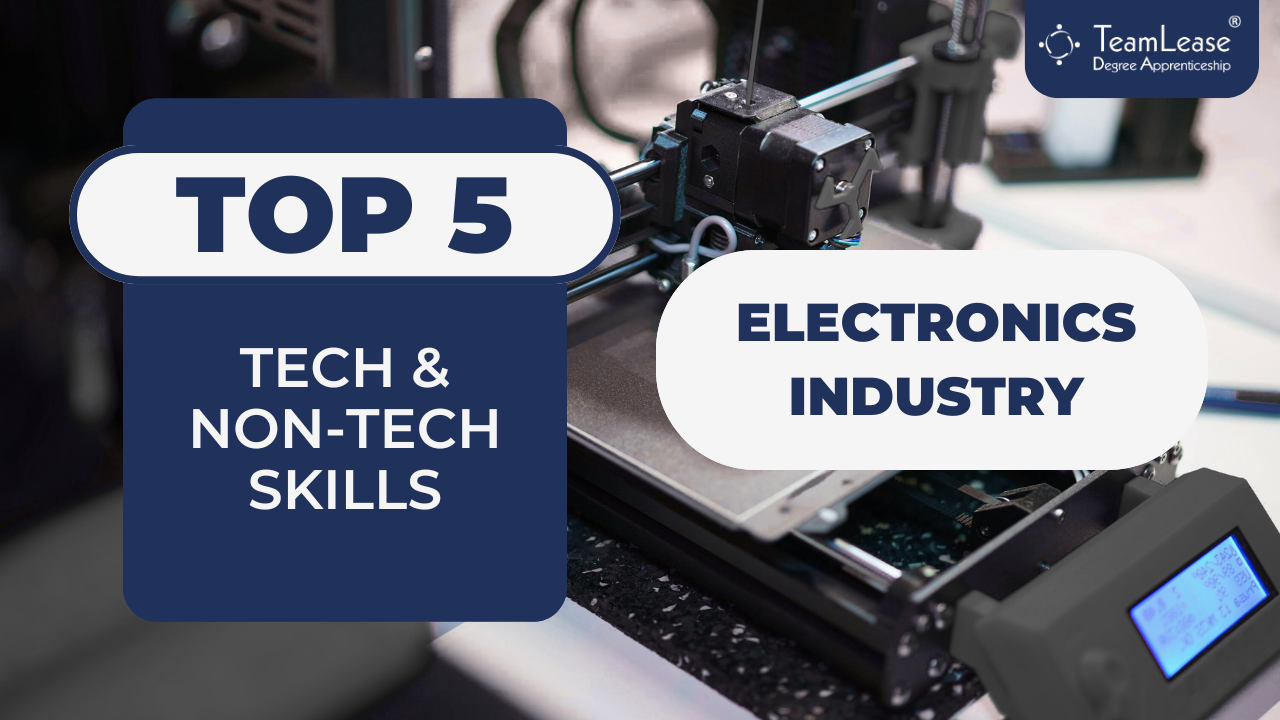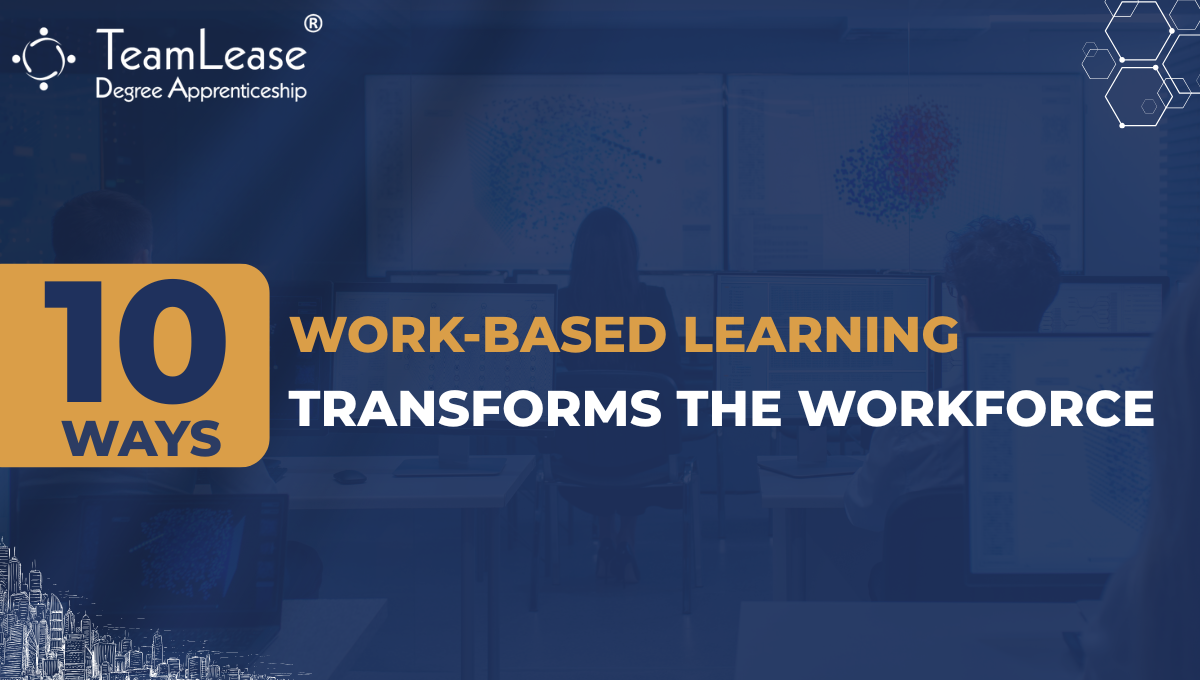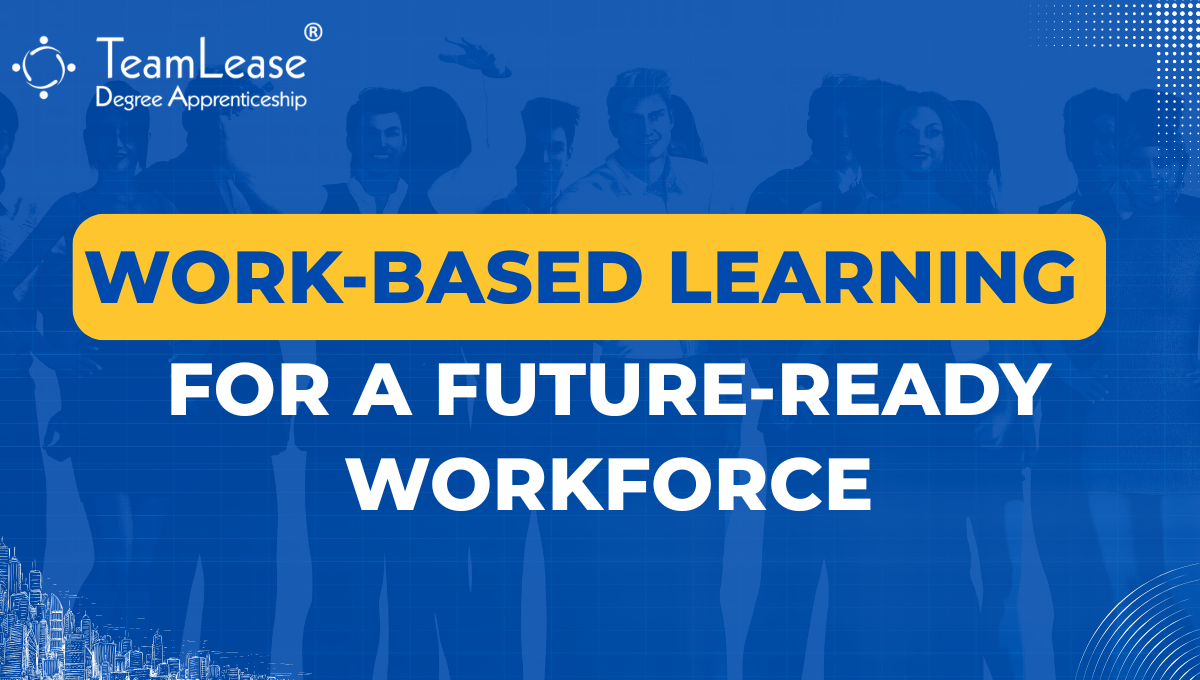The workforce has changed dramatically over the last decade, with Gen Z and Millennials now including the majority of workers. These generations bring unique values and expectations to the workplace, and employers need to adjust their communication strategies to reach and retain this young population. In this blog, we will explore the importance of effective communication with Gen Z and the Millennials, and discuss strategies for building talent pipelines, implementing talent acquisition strategies, and developing talent retention strategies resonating with this generation.
Companies must have the skill to communicate effectively with the younger generations such as Gen Z and Millennials if they want to attract and retain top talent. This group of people grew up in the digital era, where technology and information are readily accessible, and thus, they have a distinctive approach to communication and engagement with their employers. Failure to understand and meet these expectations can create a communication gap between employers and employees, which makes it challenging to build a diverse and robust talent pool. Therefore, it's essential to adapt communication strategies that are more in line with the expectations and preferences of the younger generations to ensure that the company remains attractive and competitive in the job market.
Younger employees bring new challenges to employers who may be unfamiliar with their communication preferences. Gen Z and Millennials value transparency, collaboration, and work-life balance, and they expect employers to be socially responsible and environmentally conscious. Additionally, they prefer a diverse and inclusive workplace that values teamwork, creativity and innovation. These challenges can be overcome by understanding and adopting the communication styles of this generation.
Building a Strong Talent Pipeline
Establishing a strong pool of capable and varied talents is imperative to construct an adaptable and skilful workforce, and secure an organization's capacity to respond to forthcoming problems and prospects. To retain the upcoming generations of Gen Z and Millennials, employers must flaunt their corporate ethos, principles, and vision. This can be accomplished through online forums, corporate websites, and various promotional mediums. Employers should also provide lucid and transparent communication regarding job prerequisites, obligations, and prospects for professional advancement. They can further exploit technological advancements and social media platforms to connect with this youthful demographic.
The cultivation of talent via training and mentorship initiatives is crucial to establish a pipeline of skilled professionals. Such programs facilitate the acquisition of essential skills, empowering workers to excel in their roles and progress in their careers. Companies can devise training and mentorship programs that cater to the specific requirements of Gen Z and Millennials. This might include creating opportunities for cross-functional teams, job rotations, and project work. Moreover, these initiatives can serve as channels for receiving feedback and acknowledging outstanding performance, which is pivotal for retaining skilled personnel.
Build a strong talent pipeline through an apprenticeship program Talk to us
Implementing a Talent Acquisition Strategy
Understanding the significance of talent acquisition in attracting and retaining Gen Z and Millennial employees is critical. Talent acquisition involves identifying, attracting, and hiring the best employees for a company. An efficient talent acquisition plan is essential for attracting and retaining these employees, as it emphasizes creating a favourable candidate experience and providing a seamless and transparent recruitment process. A successful talent acquisition strategy should consider the following factors:
-
Creating a positive candidate experience, including a streamlined application process, prompt feedback, and unambiguous communication throughout the recruitment process.
-
Highlighting the company's culture, values, and mission to attract applicants who share similar values. This can be achieved through social media, company websites, and employee testimonials.
-
Exploiting technology and social media platforms to connect with potential candidates and build a strong talent pipeline.
Talent Retention Strategy
In today's competitive job market, retaining top talent has become crucial, particularly as Gen Z and Millennials are known for frequently switching jobs. To keep them engaged and motivated, organizations must implement effective talent retention strategies such as -
-
Providing ample career growth opportunities, as Gen Z and Millennials prioritize professional development and expect their employers to offer opportunities for learning and growth.
-
Offering training programs, mentoring, and leadership development initiatives to help employees achieve their career goals.
-
Another essential strategy is promoting work-life balance, as Gen Z and Millennials value flexibility in their work arrangements and prioritize work-life balance.
-
Employers can offer flexible work arrangements like remote work, flexible schedules, and unlimited vacation time.
-
Lastly, organizations can promote a positive work culture to retain their Gen Z and Millennial employees. This includes creating a supportive and inclusive work environment, recognizing and rewarding employees' contributions, and fostering a sense of community and belonging. By implementing these strategies, organizations can improve retention rates and build a loyal and engaged workforce.
The ability to communicate effectively with Gen Z and Millennials is paramount for organizations that want to attract, retain, and cultivate top talent. As Susan Johnson, Chief Human Resources Officer at SunTrust Banks, Inc., asserts, "Effective communication is the key to attracting and retaining the next generation of workers. Organizations that prioritize understanding the needs and preferences of Gen Z and Millennials are more likely to succeed in creating a culture of engagement and retention." To achieve this, organizations must tailor their talent pipeline, talent acquisition, and talent retention strategies to the distinctive characteristics of these generations. A talent pipeline can help organizations proactively identify and nurture potential talent, whereas effective talent acquisition strategies can assist in attracting the potential candidates. To hold on to their Gen Z and Millennial staff, companies must provide professional growth opportunities, emphasize work-life balance, and cultivate a positive work culture. In today's rapidly changing job market, businesses that put a premium on effective communication with Gen Z and Millennials are more likely to be successful in recruiting and keeping the best talent, resulting in a robust competitive advantage for the future.




No comments yet
Your Comment